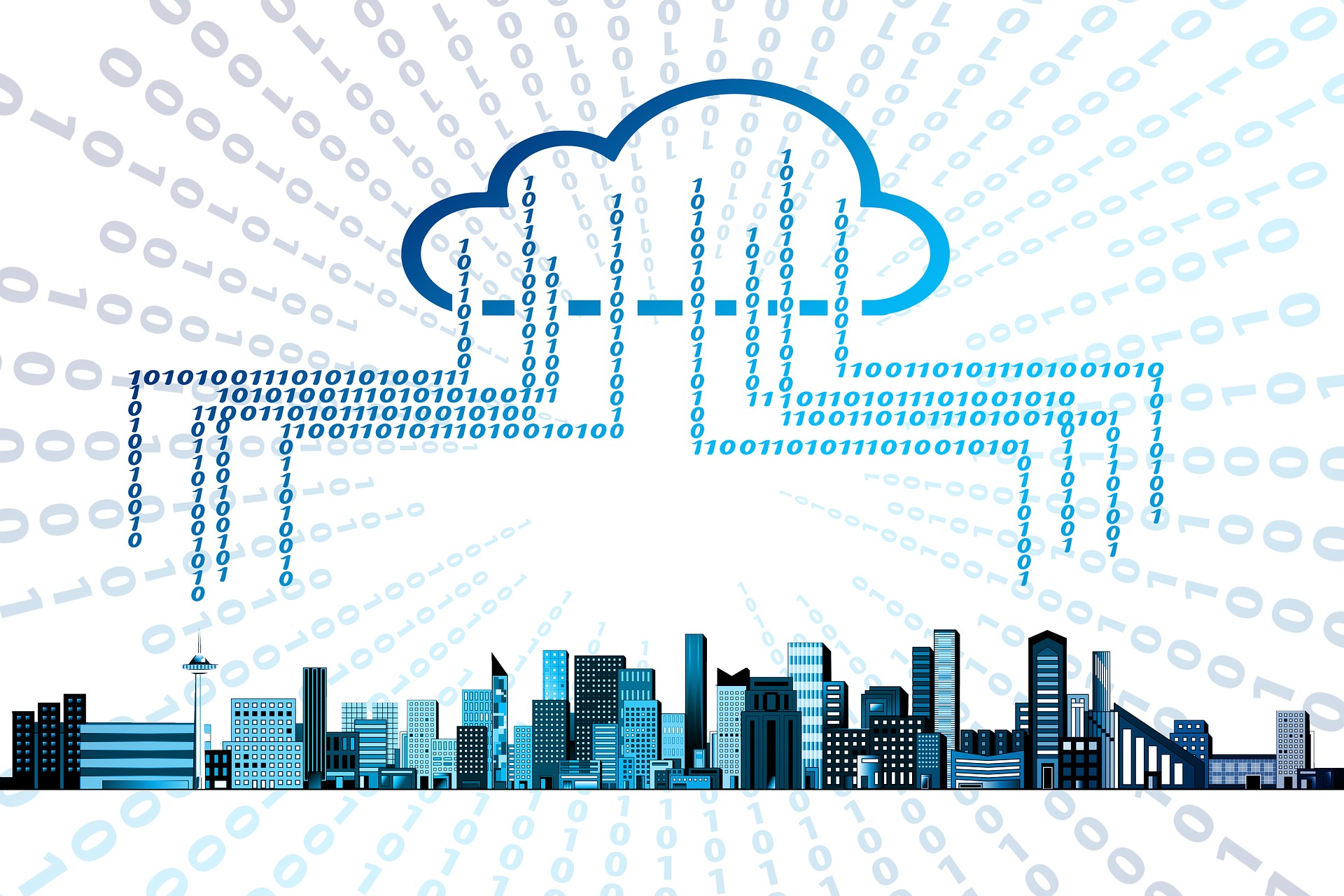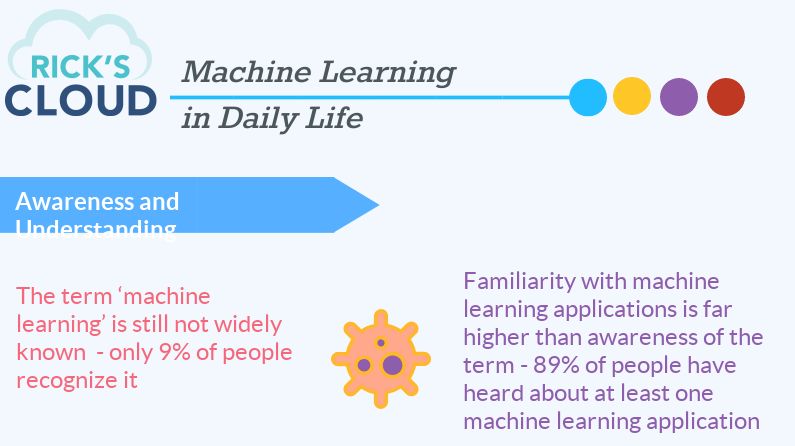
How Hybrid Cloud could be More Vulnerable to Threats
Companies have continued to invest in this field with the rapid growth of cloud technologies in recent years. As well as people have started to adopt cloud technologies for their personal data usage and storage. Of necessity, certain requirements have also been prompted by the rise in advances in the area of cloud technologies. Hybrid Cloud technology is another one of those requirements.
What is Hybrid Cloud technology?
Hybrid cloud computing is a cloud-based information method that integrates and allows private cloud-based systems to work along with public cloud-based systems.
Hybrid Cloud aims to introduce together multiple information, software, applications, and other information on various cloud services, to enable businesses to instantly access all these data as well as provide a stronger controllable management system.
Hybrid Cloud Services
In terms of both organizational success and cost reductions, a hybrid cloud is a perfect option. A mixture of at least one public and one private cloud is used for the hybrid cloud provider, a middle point between both the public and the private cloud is created in this way. The private cloud may have a cloud service system situated outside the data center of the enterprise or even digitally operating. The hybrid cloud can comprise of both private and public clouds and several physical or virtualization technologies, active servers that are not part of private cloud infrastructure can be used.
The hybrid cloud combines the simplicity and scalability of the private cloud with the public cloud’s cost-benefit feature. Owing to the hybrid cloud, companies can equip their distributed data systems with one of the most functional data storage technology feasible. In the public cloud world, businesses and institutions offering resources for various sectors will store customer info while storing business data in the private cloud setting. Institutions that require greater operating consistency and usability can store sensitive data on a private cloud while they can also use the public cloud to run their operations.
Hybrid Cloud Platform Drawbacks
- Data storing using a cloud infrastructure service does not provide information for protection and customer privacy by risking user data. Vulnerabilities are significantly higher.
- Those connection lines can be the most fragile aspect of the cloud infrastructure in a multiplatform setting, with connection lines running between many separate cloud providers and on-site infrastructure.
- The technological infrastructure, including servers, databases, and networking, is the responsibility of public cloud providers. For anything else, the business client is accountable. This implies that it is the responsibility of the companies using the cloud platform and also of the people assigned to these services to configure their security. That is why additional security solutions are recommended for deployment on your personal PC as well.
- Taking into consideration the newness of this era, there is the issue of a lack of qualified personnel. With the discretion of somebody unskilled, the choices and configurations of a cloud service provider can become a game of chance. Such configurations could create ambiguous security vulnerabilities.
How to secure your Hybrid Cloud Services?
Data breach whether it is a cybersecurity breach or an intrusion where sensitive information is stolen. Breaches will greatly harm the credibility of an organization and reducing customer trust and confidence. Financially, security breaches will cause reduced market values and more accumulated expenses in practice.
For your personal usage too, a data breach can turn your life into a nightmare. Your ID info, security keys, credit card info may be stolen with a breach of one single cloud service password. One of the convenient and reliable methods to secure your connection can be confidently stated as using Virtual Private Networks. If you are stuck with information abundance while figuring out the best VPNs in the world, we can summarize the benefits of using a VPN if you are a cloud service user.
What do you VPNs do for you?
Using a Private Virtual Network (VPN) is recognized as the main and most powerful way by many to protect your privacy and safeguard your sensitive information. Cyber threats mainly exploit unsecured networks to target their customers at your local Wi-Fi connection or public Wi-Fi. Many that do not use VPN to protect their access to the internet would be at considerable risk.
VPN technology connects you to a remote network that you do not actually belong to through additional safe tunnel networks that have been created.
How is your personal data secured by a VPN?
It operates as if you are using a digital fiber connection from the current location or anywhere you choose to be connected. VPN software creates a private network server and gives you a special IP address to cover your real address, thus maintain your anonymity. So, it becomes difficult for your connection to trace or recognize.
Several encryption technologies are introduced by VPN technology. IP protection (IPsec), Secure Sockets Layer (SSL), as well as Layer 2 Tunneling Protocol (L2TP)/IPsec and Transport Layer Security (TLS), are the most commonly established ones. This technique hides your IP address, constantly changes your IP address and locations, meaning your name and location are impractical for all other parties to identify, even law enforcement and other authorities.
Credible VPN services also use AES 256-bit encryption technology that deactivates the exposure or retrieval of your data by other parties. The Kill switch function of reliable VPNs is another significant aspect. Your data will be protected through this feature, even during internet failures, and IP addresses will still continue to change. Make sure that visit the detailed VPN reviews before picking a suitable VPN for your computer, which describes the main characteristics a trusted VPN service has to provide.




